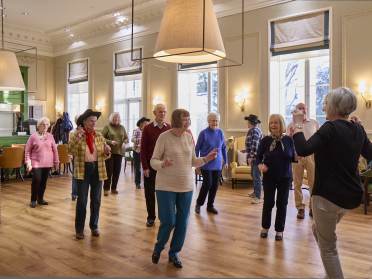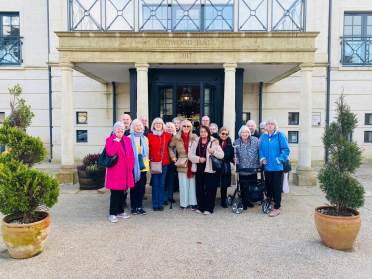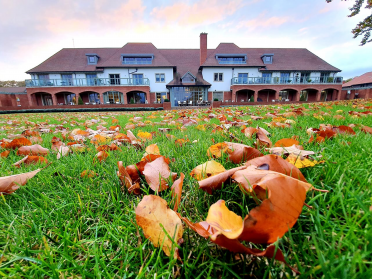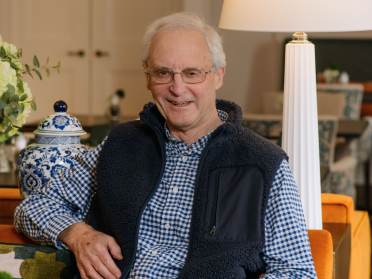In recent years, the thinking around ‘wellbeing’ has largely been underpinned by the concept of “self-care” – a term that has become particularly commonplace in the vocabulary of Gen Z and Millenials.
Typing “self-care” into Google yields over five million results. There are countless articles on how to practise self-care, why self-care is important and how the phrase has been gutted of real meaning by companies who exploit the term to encourage people (particularly young women) to buy into products that only serve to empty their bank accounts, not better their wellbeing.
So, how do we practise self-care in a way that really nourishes us and doesn’t put a strain on our finances? There is no one right answer to this; our wellbeing needs are unique and what “self-care” looks like will inevitably differ from person to person. For some, self-care may have the glossy-mag sheen of morning yoga, green smoothies and gratitude lists. For others, self-care might be simpler: a cup of tea in your favourite mug, an extra hour in bed or a catch-up with a loved one. Your self-care may not even reflect what is traditionally associated with health and wellbeing – sometimes a take-away from your favourite fast-food place or a large glass of red wine can qualify as self-care.
Most importantly, we should not feel guilty for pursuing or indulging in whatever it is that brings us joy. Making time for oneself shouldn’t feel selfish. After all, you cannot pour from an empty cup – to be an effective caretaker you must first and foremost tend to your own needs.
Whatever those needs are, whatever your self-care practices look like, The Joy Club provides a space in which you can nourish your own wellbeing. You may want to sip a cup of something-hot and browse through their expansive selection of articles, or catch up on a nutrition talk or one of their gentle hatha yoga sessions. They even have a whole section on their site dedicated to health and wellbeing, with live events, recordings and articles for your perusal.
As one Joy Club member put it:
“People often worry about what they will do when they retire but very quickly you become seen as an additional resource – care of elderly parents (or even spouses), care of grandchildren and so on. The Joy Club is, quite simply, time for oneself, for exploring the things which interest you.”
We hope that you get the chance to take some time for yourself this April.




































